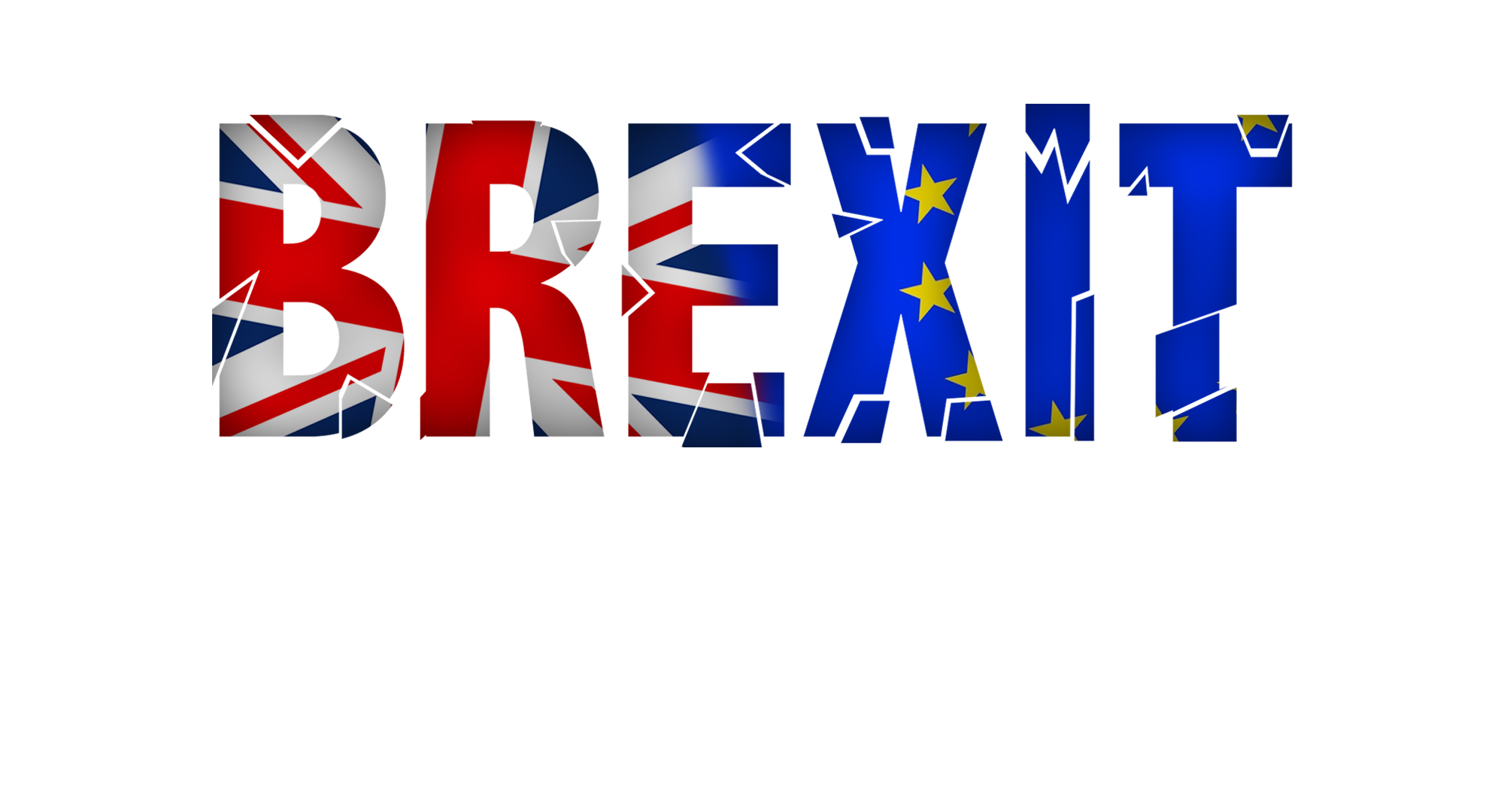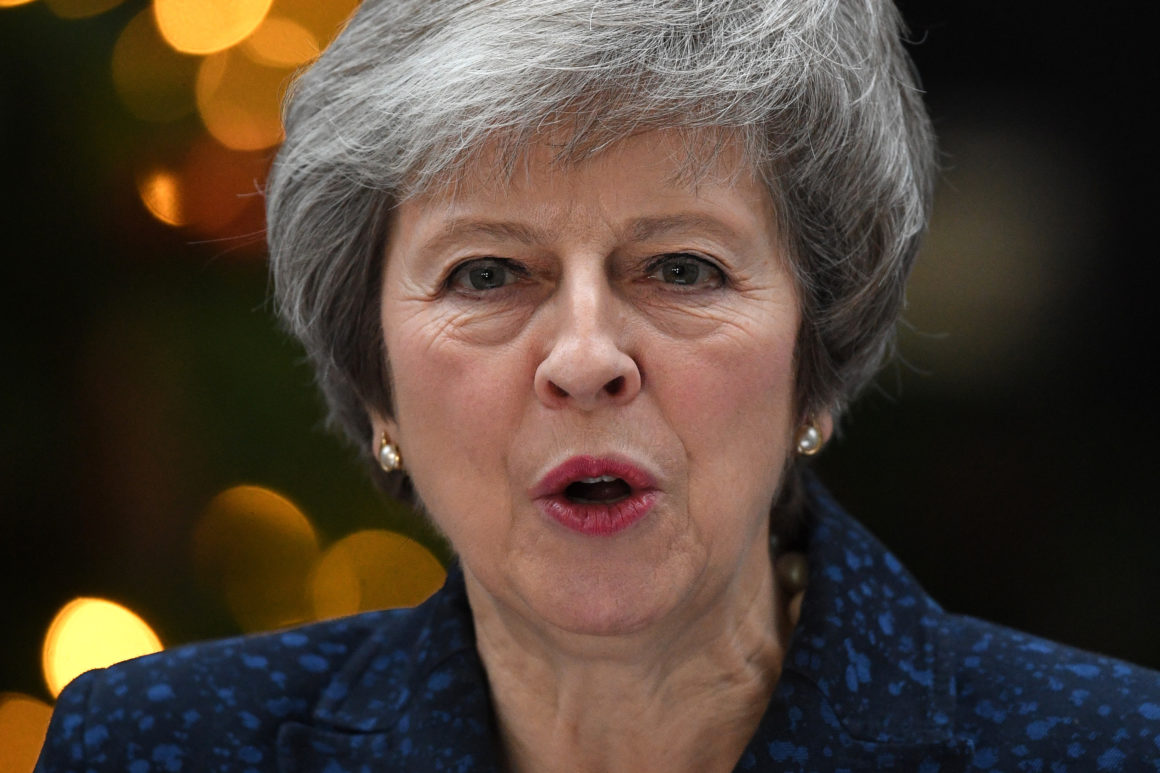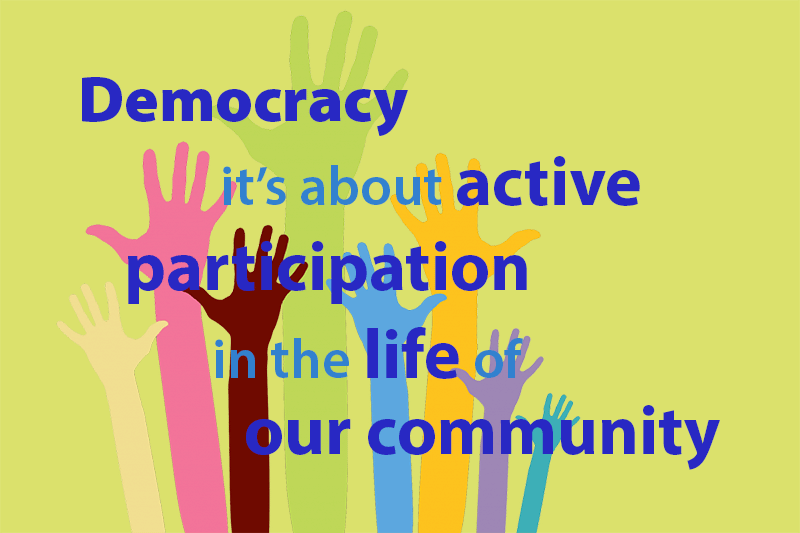The BBC ran a news piece today about the massive rise in use of antidepressants in England and Wales over the last 10 years. And depending on which study you believe between 1 in 11 and 1 in 6 people in England are now on an antidepressant (though we must remember, that antidepressants can be used for other conditions like pain management and irritable bowel syndrome – IBS). In the USA, antidepressants are now the second biggest group of prescribed drugs.
So, what should we conclude? Well, firstly, it is good news that it has become much more acceptable for people to talk about struggling with depression, anxiety and other mental health issues. It is good that people are going to see their GP when they feel depressed and anxious, rather than just trying to cope with it. So, we mustn’t now necessarily insinuate that the increase in prescriptions is a bad thing, because firstly, that can heap shame on those who are taking them, which is unhelpful at so many levels and also, we need to remember that there is actually a good evidence-base behind anti-depressant medication. They really do work – I’ve seen that again and again for my patients, who choose to go on them, and for sure, I would love to see more psychological therapies available on the NHS, as an alternative or as an adjunct to medication. Waiting lists are currently far too long for such therapeutic interventions and many people choose medication because they cannot afford to pay for therapy or indeed to wait several months for the help they need. We don’t report the use of antihypertensives to control blood pressure negatively and so we need to be careful about taking a dim view of medications which help improve mental health.
However, when so many in our society are struggling with anxiety and depression to this extent (and it’s really positive that we’re talking about it and that people are getting help), we need to ask ourselves some big questions about the root causes of this and what we can do as a nation to improve our mental health. One of all time favourite quotes is that of Archbishop Desmond Tutu, when he says:
“There comes a point, where we have to stop just pulling people out of the river. We need to go upstream and find out why they are falling in.”
So, in the rest of this blog, I’m going to explore some root causes, whilst recognising that for many people, endogenous depression (i.e. a neurochemical cause in the brain) IS the root cause, and therefore their depression may not have any other roots to it. I’ve also done this vlog (which I did for mental health awareness week) about what depression is and some of the things that can help.
But in looking for root causes, let’s start at the beginning. I’ve written on this blog a number of times about the impact of Adverse Childhood Experiences and the impact of Trauma on our lives. So many of us live with unhealed pain, which over time eats away at us and makes it harder for us to remain mentally well. Many of us go through trauma and are able to survive it better than others, but that is because we’ve had other things in our lives at the time which have helped us navigate the storm. However, we need to recognise more the massive reality of trauma in our lives, so that we can face it, and find healing together. This is one of the reasons why I’ve co-written ‘The Little Book of ACEs’ with some friends and colleagues, here in Morecambe Bay. There is a free PDF version of it, if you click here. You may also find this inspiring talk by Jaz Ampur-Farr, herself a survivor of significant trauma, really helpful. Jaz is joining us in Morecambe Bay very soon, to explore some of these issues.
We must also be brave enough to recognise that we have a complex corporate history, which shapes our identity and we have a society, which is by no means equal or fair. Prof Bev Skeggs, and Prof Imogen Tyler, two of the foremost sociology professors in the UK/world right now, are writing so powerfully about this. It’s well worth digging into their work, and I am so excited that they are here at Lancaster University, in Morecambe Bay, and will be exploring some of these issues with us in more depth over the next few months. We cannot underestimate how injustice, poverty, and inequality impacts our mental health.
Stress has a hugely negative impact on our mental health. Our work patterns have become so manic and busy and our weekends often so full, that we have forgotten how to rest, how to stop, how to switch off and take notice of the beauty all around us – of the things which really matter. This takes a huge toll on us. The girl guides took part in a fascinating survey about what causes them stress and feeds mental health issues. The number one factor was the pressure they feel to do well at school. Our very systems and the treadmill of the exams are making our young people unwell. The idea of slowing down and learning to switch off from our ever faster, consumerist world, seems laughable to so many of us – and yet I would argue that this is one of the greatest causes of our ill-being. We have created an economy which treats people like fodder for the economic machine and is literally killing the planet around us – another underlying huge but often unrecognised cause of our stress. We must rebuild an economy based on wellbeing. It’s why I’m so excited that we’ll be welcoming Prof Katherine Trebeck to Morecambe Bay in the next few weeks.
Another causative factor of our growing mental illness in society, perhaps caused by all the busyness, is loneliness and isolation. Despite our many frantic activities, and social networking, 20% of the UK population say they feel lonely, but that jumps to between 50 and 75% of people over 75. We were made to be in relationship. When we are disconnected from community, we become sad and low. We need to remember how to love people, and also to be loved. Our disconnection is leading to increased separation, suspicion of others and a rise in racism and hatred. This is in no way good for our mental health. Valerie Kaur explores this so powerfully in her incredible TED talk on revolutionary love. We need to reimagine a society in which relationship is at the core of our being together. Hilary Cottam’s work is so vital in helping us recover this. Again, Hilary is coming to the Bay in the coming months to help us dig deeper as a community into these ideas.
I am so glad that we are talking about mental health so much more seriously. I am glad that people are able to take medication that can help them and that the stigma is being broken. I am hopeful though that we can recognise together just how broken our society is, and how our current political and economic systems (including our beloved health system) cannot fix this. Perhaps, in learning to be together in the dark, when we cannot see the light, wrestling with the complexity of our pain, healing our trauma and reimagining our future, we might find that our need for medication decreases.


